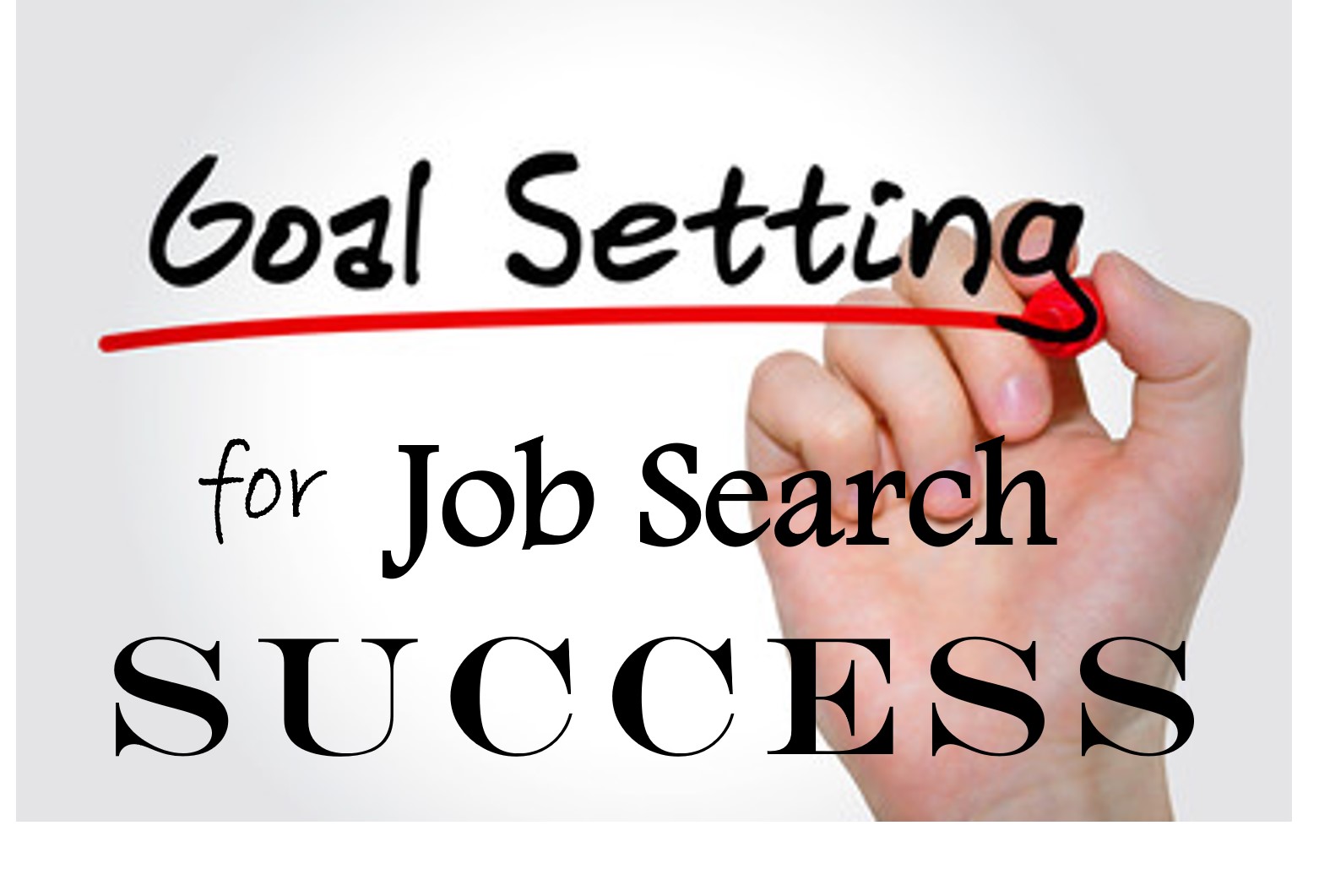Goal is defined as the object of a person’s ambition or effort; an aim or desired result.
What makes successful business people so successful? Are these folks smarter? Or just plain lucky?
I would argue neither. The difference between how successful people and aspirers navigate their careers is not brainpower or circumstance. (Although it helps to have both.) The major difference is planning.
The first step in successfully achieving your goal is to be crystal clear about what you want, writing it down then sharing it with someone you respect. In fact, statistics show that people who write down their goals have over an 80% higher success rate of achieving them.
When setting a goal be specific. “Get a new job” isn’t a goal. It is instantly achievable! You will probably need to learn the phrase “Do you want fries with that?” or “Welcome to Walmart.” But you will have achieved your goal.
A better goal may be, “Obtain a position as a production engineer with a metal fabricating company. This company will have between 200 and 600 employees and will do things like, metal stamping, forming and machining and may include welding and assembling.
Evaluate this goal, is it achievable
Here is how to approach setting your career goals:
Get real — Making measurable career goals and setting success metrics will go a long way towards ensuring that your career roadmap is realistic. Once you have those benchmarks in place, you can track your progress in a meaningful way.
But not too real — Your career roadmap should be a challenge, not a cakewalk. If your goals do not make you at least a little bit uncomfortable, set your sights higher. Push yourself in your overall vision and in the tasks that will carry you there. You might just be surprised with what you can achieve.
Write it down — Research shows that people who write down their goals are significantly more likely to achieve those goals. There are several benefits. One is that it forces you to think through what you want to achieve in a concrete way — if you have a hard time finding the words to explain your goal in a sentence or two, you probably have not thought it through.
Share the plan — Another benefit of writing your goals down is that it makes it easier to share them. It might be a dirty trick to play on yourself, but once you have told your friends and colleagues about your goals, you will feel a sense of disappointment if you do not follow through. That is some good motivation!
Visualize success — A common practice of high achievers is visualizing success. Sports psychologists teach elite athletes to picture themselves connecting with the fastball, kicking the field goal, sinking the putt. You can do the same with your long-term career goals and all the efforts that will get you there. Use positive visualization to motivate yourself to work harder.
Setting your goals is, of course, just the first step. After that, it is all about commitment. Monitoring your progress toward your goals will make you more likely to achieve them, research shows. Dedicate time to working on your career plan every day.
And remember — there is no magic for long-term success. Just planning and persistence.
In many ways, setting career goals is like consulting a map before a trip. Without a map, there’s a good chance you’ll get lost or spend a lot of time wandering about aimlessly. If your career is a destination, your goals are the map.
If you would like to visit with me on setting your career goal give me a call,
 Rick Christensen: Director, Career Transition Practice
Rick Christensen: Director, Career Transition Practice
Rick has been a career consultant for over 25 years, serving a very broad-based and diverse clientele. His specialties include effective group facilitation, one-on-one coaching and consultation at all levels including senior executives.
Rick’s passion is coaching individuals through career transitions, developing career management strategies and in identifying and sharpening competencies to open doors to new opportunities. His efforts have assisted thousands of individuals achieve their full potential.




